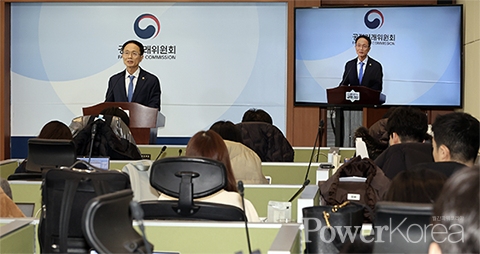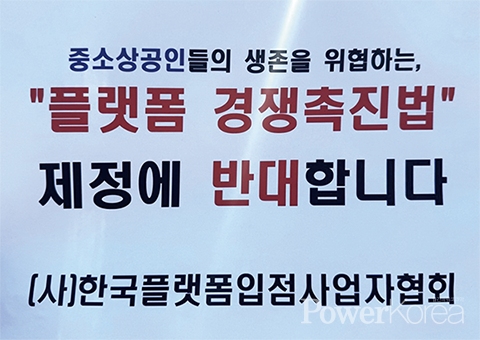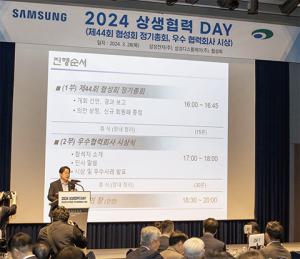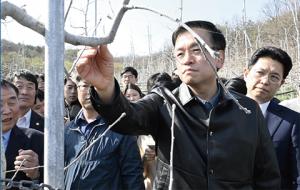 |
||
The Fair Trade Commission has postponed announcement of the Platform Competition Promotion Act after hearing complaints from the Korea Platform Store Association. The association has been expressing regret over the Commission not hearing opinions of platform store owners at all.
 |
The Platform Competition Promotion Act is unfair, says Baek
Most of the members of the association are micro store runners in Naver Smart Store and Kakaotalk. Woonsup Baek, the association president, argues that how the Commission can regulate foreign online shopping malls while they regulate domestic online stores? In other words, he argues, that the Act can affect the domestic business rather badly.
 |
“The reason small online stores like us open up a business on Naver or Kakao is because it is not easy for us to enter large department stores or home shopping malls such as Olive Young, GS25, CU, 7-Eleven, etc. We cannot even sell our goods on Kakao gift. If the Act regulates us based on the volume of sales, we might sell our goods even harder while it plays advantageous to foreign e-commerce such as AliExpress. Compared to large e-commerce platforms, we have many difficulties including registering and licensing as well as quick delivery and return etc. The Act prioritizes large e-commerce platforms because it designates business operators based on sales, market share and number of users. Then, how the Commission evaluates these while they are overseas operators?” says Baek and adds: “It is notable that the monthly South Korean users of AliExpress and Temu have exceeded 10 million. Their corporate value is several hundred trillion won and they do not pay tax. My question is that why the Commission rather favorable to them while they try to regulate small domestic businesses? Isn’t it right that the Commission rather should promote us?”
 |
Concerns over the unfairness of the Act
The Korea Communications Commission said this month that the legislation should not play disadvantage to small e-commerce businesses by unfair trade or dominant market position of big tech e-commerce platforms. The National Assembly Research Service also pointed out the Act had a possibility to hinder the innovation of small businesses including startups. When the U.S. Chamber of Commerce expressed concerns about the Act, the Fair Trade Commission only responded that it would promote legislation through sufficient communication with domestic and foreign stakeholders. Previously, the U.S. Chamber of Commerce stated in a statement by Charles Freeman, vice president for Asia, that it was concerned about Korea, which appears to be rushing to pass platform regulations. Major overseas IT companies including Microsoft and Google also share the same opinion and some even concerned about trade conflicts. There is a consensus that the quantitative requirements for determining a dominant platform operator should be numbers that accurately measure the effect on each market, but should not be a standard that simply reflects the size or influence of the operator.
In conclusion, the Fair Trade Commission’s introduction of the platform law appears to be a very hasty, and there are many factors to consider, including problems with calculating annual sales of overseas businesses, the possibility of a contraction in the overall growth of the ecosystem, and concerns about restrictions on the activities of platform businesses. Looking at related articles, ‘Coupang’ and ‘Baemin’ are not included in the regulations, but it seems natural that consumer welfare will decrease after the bill is enacted, and even venture companies and startups may be affected, which could further increase the damage. Everything from map applications that are commonly used in daily life to restaurant and cafe reservations, Kakao gifting, and Kakao Pay are all subject to bundling regulations. Who will experience the most inconvenience if this platform law is implemented? Is it a service user or a platform operator? Or is it a platform store operator?
지윤석 기자 jsong_ps13@naver.com







